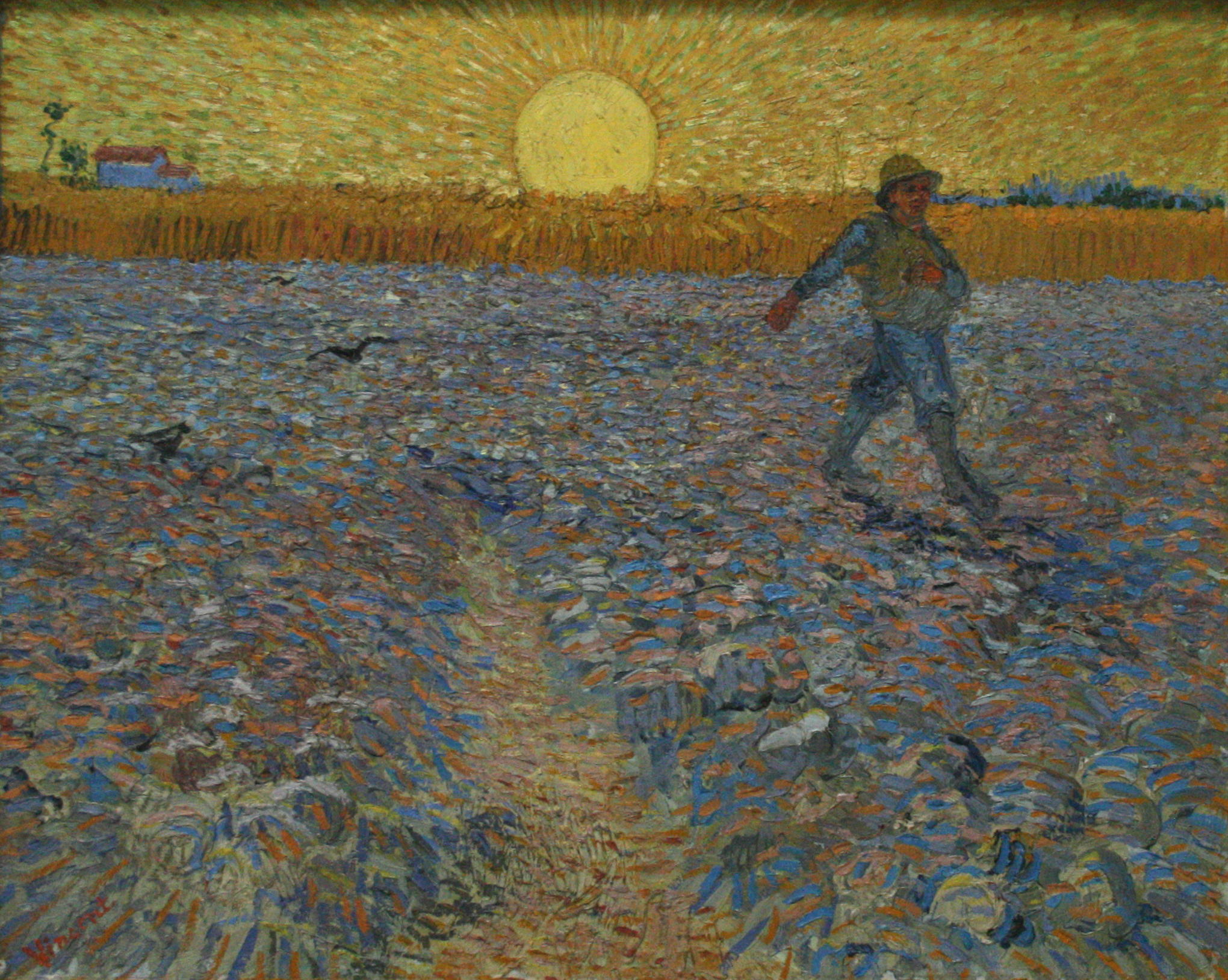
|
At every point in the Gospels, we are meant to identify with Jesus. God became man that man might become God. We participate in him and thereby learn what a godly life is like. Nowhere is this clearer than in the Gospel story of the temptations in the desert.
Jesus has just been baptized. He has just learned his deepest identity and mission and now he confronts – as we all must – the great temptations. What does God want him to do? Who does God want him to be? How is he to live his life?
Now watch how, at every turn, Jesus undoes the damage of Eden caused by the Great Lie. The devil first tempts him to make his own sensual pleasure the center of his life, to measure good and evil by what sensually satisfies him. But Jesus reverses the momentum: “One does not live by bread alone, but by every word that comes from the mouth of God.”
Next, Satan takes Jesus to the parapet of the Temple and tempts him to make his ego the center of his life, to make his own glory the measure of good and evil. But Jesus again counters: “You shall not put the Lord, your God, to the test.”
And then the devil takes him to a high mountain and shows him all the kingdoms of the world: “All these I shall give to you, if you will prostrate yourself and worship me.” The temptation is to make power the center of his life, to make of his own authority the measure of good and evil. But Jesus replies: “Get away, Satan! It is written: ‘The Lord, your God, shall you worship and him alone shall you serve.'”
The account in Matthew ends with a critical line: “Then the devil left him.” At the word of Jesus, even Satan must depart. Let us remember that fact when we are tempted by the Great Deceiver. |









